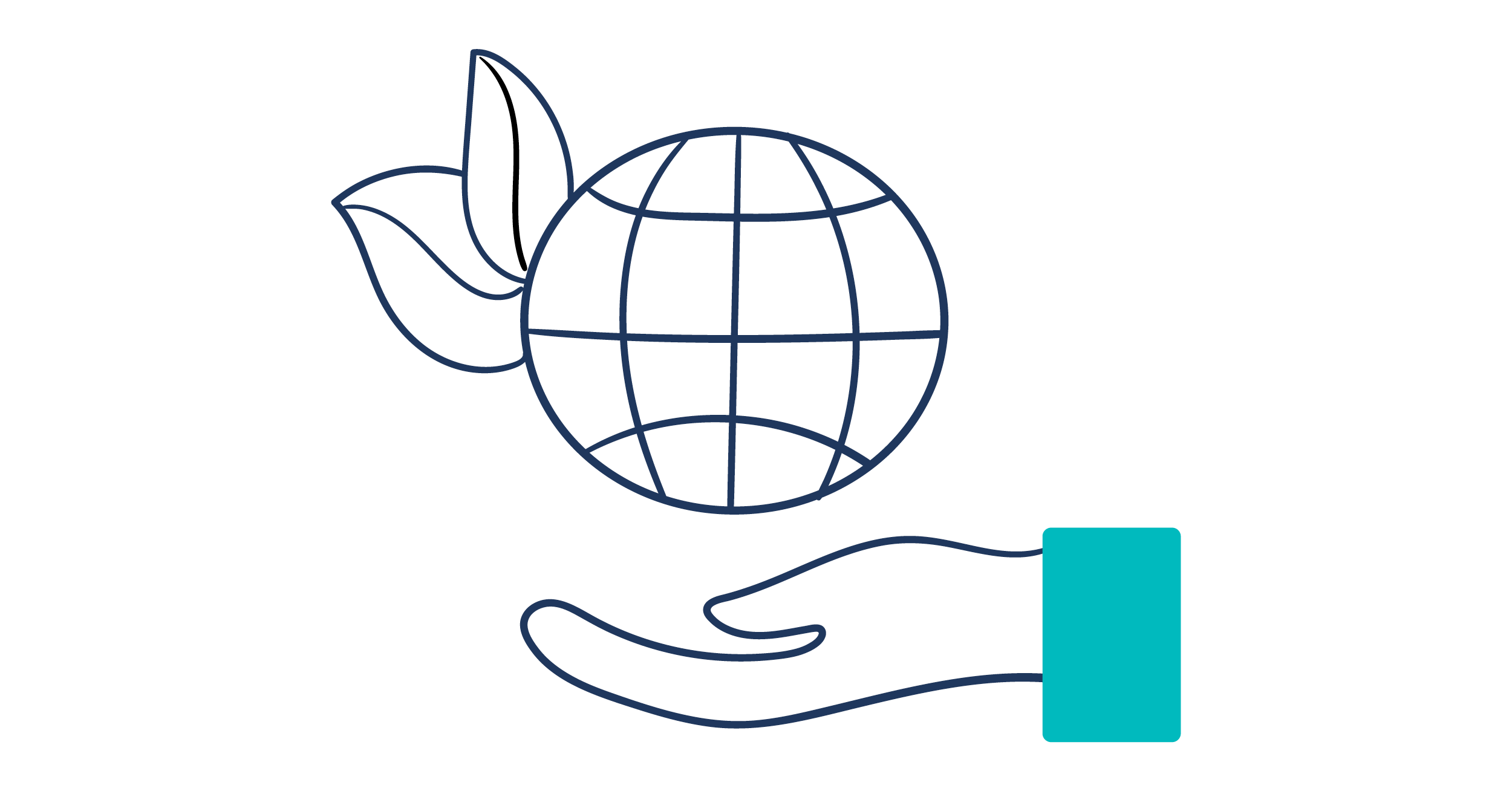Ethical translation: What is it and why does it matter?
The role of ethics in the localisation and translation industry is critically important – not just for translation professionals, but also for our clients.
Localisation through translation is the service we provide. But it’s what goes on behind the scenes to provide that service that makes it ethical or unethical. Unsustainably low rates, overly long payment terms, exploitative structures, project manager burnout… ethics in translation is a complex topic, and it’s not just about translators. It affects everyone in the localisation ecosystem, including our clients.
Looking from the outside in, the translation industry is neither particularly transparent nor is it regulated, so it can be hard for first-time translation buyers to get an understanding of how much translation should cost, what to watch out for, and what localisation best practice looks like. And as with any industry, there are good players and there are bad players.
What does it mean to be an ethical translation partner?
There are many elements that go into providing ethical localisation services. Here are just a few aspects that we consider:
- paying fair wages to our employees
- paying sustainable rates to our freelance linguists
- creating an environment where everyone is treated with respect
- creating an inclusive environment that offers equal opportunities to everyone
- being honest and transparent about our work and our processes
- providing expertise to ensure sensitivity to cultural misunderstandings
Essentially, being ethical is more than just abiding by the law. Being ethical is a commitment to do what’s morally right – for our team, for our customers, for our community and for our planet.
“Integrity is doing the right thing, even when no-one is watching.”
– C.S. Lewis
Sometimes, ethical choices aren’t financially advantageous. For example, there are certain projects we refuse to work on. This might be because the customer’s budget is so low we would be forced to pay unsustainable rates to our linguists, which we feel would be unethical.
We might also refuse to work on projects in industries that don’t align with our personal views (in our case gambling and horse racing to name just a couple of real-life examples). As a certified B Corporation we want to work with purpose-driven businesses where sustainable practices are at the core of what they do.
Being ethical is closely linked to balancing profit and purpose in our business – the core ethos of the B Corp movement. We are committed to balancing profit and purpose in our company, so much so it’s at the very core of our company’s constitution (or our Articles of Association, to give it its legal name).
Why do ethics in translation matter for our clients?
Building an ethical, sustainable supply chain doesn’t just apply to products and manufacturing anymore. It applies to professional services as well, including localisation through the use of translation services. Whether it’s reducing impact on the environment or improving diversity, equity and inclusion (DEI), businesses are working hard to improve their social and environmental performance. And so, choosing the right kind of localisation provider – one which shares the same values and beliefs – is becoming ever more important.
For us it’s quite simple: we want to see our personal values reflected in our workplace. After all, that’s where we spend a significant amount of our waking hours. We’re in business because we love language, and we believe language is innately human and paramount to how we exist. Profit is of course important for every business, but it’s not our biggest driver.
Ethical conduct drives business success
When all is said and done, we want to make a positive impact on this world, and that absolutely starts with our human-first approach to our work, and by ensuring that everyone around us – our colleagues, our freelancers and our customers – is treated fairly and with respect.
How does our mindset help our clients? It’s this: People who are well looked after, consistently produce better work. They also tend to stay longer with us, building up incredible expertise about your business and helping you to communicate your brand message sensitively to new markets.
As your business expands globally, you need a reliable localisation partner who can help you break into new markets. You need consistency and stability. You need a solid team that’s eager and committed to work on your content because they are engaged with your brand, feel supported and respected, and are fairly compensated. That’s how our ethical conduct as a company translates into better service and translation quality for our clients.
How do I find an ethical translation provider?
Identifying ethical translation providers can be challenging, especially since – up until recently – very few people have talked openly about ethics in our industry. In fact, the recent Ethical Business Summit was the very first event of its kind to address ethical issues in our industry.
Our advice: Don’t be afraid to ask questions. After all, transparency is key to any good working relationship. Here are some great questions to ask your potential partner:
- How are linguists vetted?
- How are projects assigned within the team?
- Are pricing standards commensurate with experience?
- Are pricing standards in compliance with local laws and living wage parameters?
- How are new experts onboarded?
- What is your quality assurance process?
- Are your linguists in-house or external freelancers?
You might also find this article about how to choose the right translation provider for your business helpful when it comes to assessing localisation companies.
This article was first published on 6th September 2022 and has since been updated to include more recent information.
